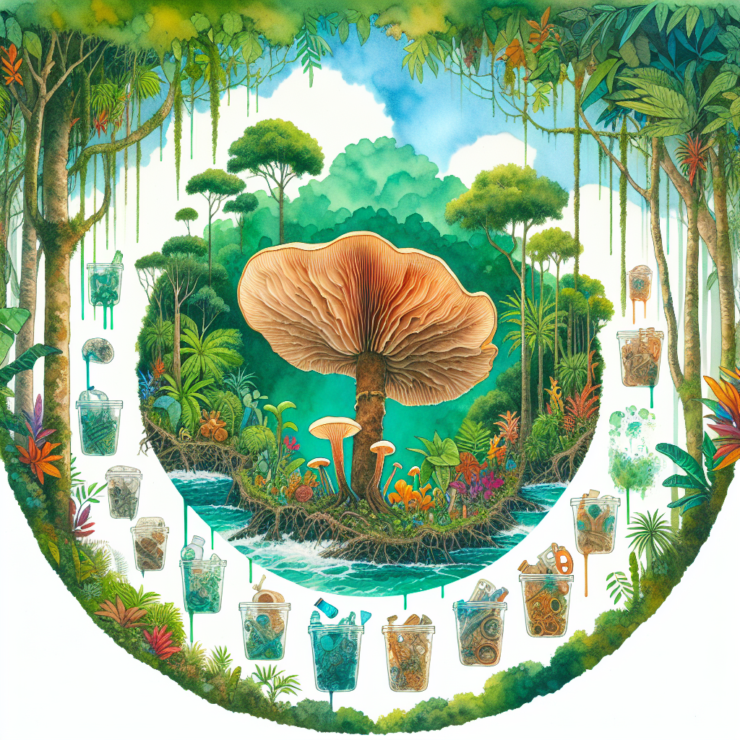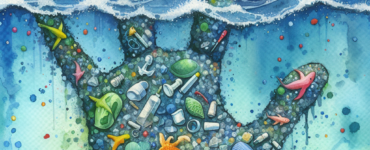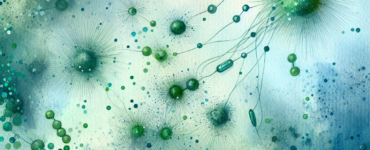Ever wondered if nature holds the key to solving some of the most challenging environmental issues we face today? One such solution appears to be emerging from the heart of the Amazon Rainforest, where a particular fungus has been discovered that could play a major role in combating plastic pollution1.
Researchers stumbled upon this remarkable fungus, known as *Pestalotiopsis microspora*, which has the unique ability to break down and consume polyurethane, a common type of plastic found in a wide range of products, from shoes and clothes to refrigerators and cars2. This discovery offers a glimmer of hope, suggesting that we might be able to tackle the plastic menace infiltrating our oceans, landfills, and natural habitats.
Polyurethane is particularly notorious for being difficult to recycle through conventional means due to its resilience and durability. This has contributed significantly to the escalating problem of plastic pollution globally. The potential of *Pestalotiopsis microspora* to degrade this plastic could pave the way for innovative and eco-friendly methods of managing waste3.
What sets this discovery apart is the fungus’s ability to consume plastic even in anaerobic (oxygen-free) environments, which is a common condition in landfills and the bottom of the ocean4. This characteristic dramatically increases the locations and conditions where this fungus could be utilized to address plastic waste5.
Furthermore, the application of such fungi in waste treatment processes could reduce our reliance on traditional plastic disposal methods, which often include incineration or landfilling, both of which come with environmental concerns like greenhouse gas emissions and soil contamination6.
The Amazon Rainforest, often referred to as the “lungs of the Earth” for its vast biodiversity and capability to absorb carbon dioxide, proves once again to be indispensable not only for its environmental services but also as a source for innovative scientific discoveries7. Continuous research and development into how *Pestalotiopsis microspora* and similar fungi can be harnessed effectively are crucial for advancing our fight against plastic pollution.
Let this discovery inspire us to look more closely at the natural world for solutions to our most pressing environmental challenges. Nature has evolved over millions of years to develop intricate systems and organisms capable of incredible feats. By studying and mimicking these natural processes, we can develop sustainable technologies and methods to protect and preserve our planet for future generations.
- https://bioresourcesbioprocessing.springeropen.com/articles/10.1186/s40643-022-00532-4 [↩]
- https://www.colorado.edu/ecenter/2021/11/04/plastic-eating-mushrooms-viable-solution-plastic-decomposition [↩]
- https://www.sydney.edu.au/news-opinion/news/2023/04/14/fungi-makes-meal-of-hard-to-recycle-plastic.html [↩]
- https://www.nature.com/articles/d41586-022-03820-3 [↩]
- https://www.treehugger.com/mushroom-that-eats-plastic-5121023 [↩]
- https://www.epa.gov/plastics/impacts-plastic-pollution [↩]
- https://www.thehindu.com/sci-tech/science/amazon-rainforest-the-scramble-to-save-the-planets-lungs/article67188456.ece [↩]





































Add comment